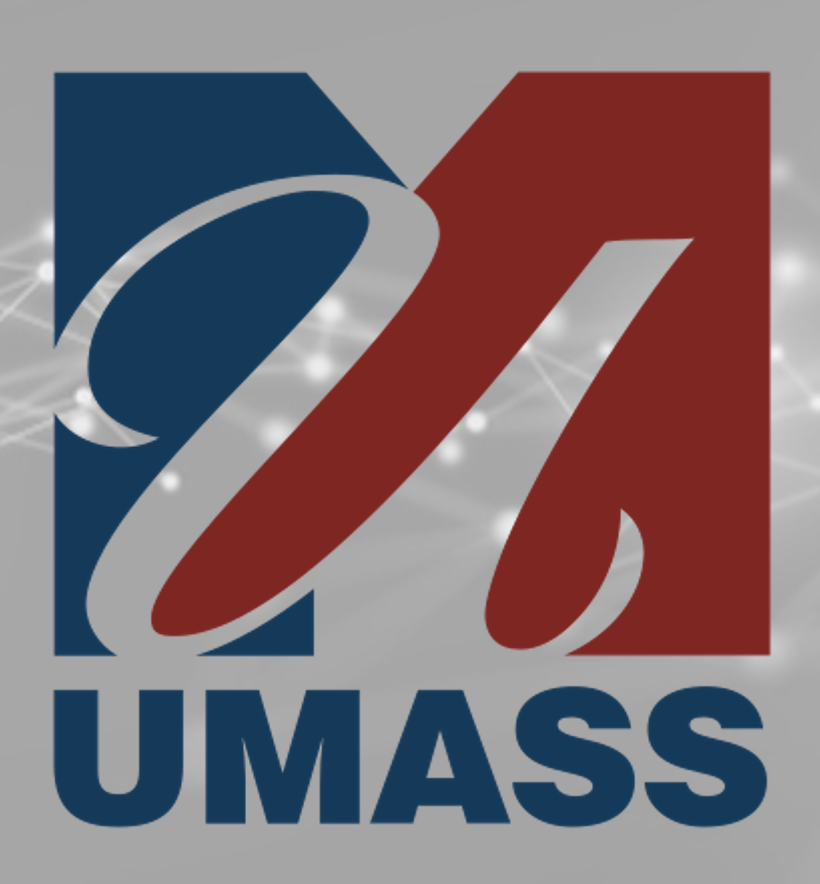
A celebration of computational power and innovation
Reporting by Helen Hill for MGHPCC
The HPC Day conference series provides a showcase of computational research in science, engineering, and computer science research being carried out in the New England area. On April 4, 2025, the University of Massachusetts Amherst buzzed with energy as researchers, students, and tech professionals gathered for HPC Day 2025—a flagship event celebrating the power and potential of high-performance computing (HPC). Hosted at Hotel UMass and co-organized by the Massachusetts Green High Performance Computing Center (MGHPCC), the event brought together a vibrant community of computational scientists and innovators from across the region.
The day kicked off with a thought-provoking keynote by Dr. Amy Apon of the National Science Foundation. Her talk, "Pets vs. Cattle: Heterogeneous Systems in the 21st Century," explored the evolution of computing infrastructure—from carefully managed individual systems to scalable, interchangeable cloud-based architectures. She emphasized the growing relevance of disaggregated computing and serverless models in today’s data-driven world.
Later in the day, Dr. Miriam Leeser from Northeastern University delivered the second keynote, diving into the use of network-attached FPGAs in the Open Cloud Testbed. Her presentation highlighted how programmable hardware is reshaping machine learning and network interfaces, while also raising important questions about security in disaggregated environments.
The event featured a rich lineup of technical talks that showcased the diversity of HPC applications:
Beyond the talks, HPC Day 2025 offered ample opportunities for networking and collaboration. Attendees engaged with sponsors like Cambridge Computer, Dell Technologies, and Microway, and explored a dynamic poster session featuring student-led research across disciplines.
The event underscored the critical role of HPC in tackling today’s most complex scientific and societal challenges—from climate modeling to quantum computing. It also highlighted the strength of the Massachusetts HPC community and its commitment to open science, innovation, and education.